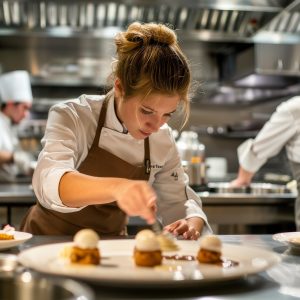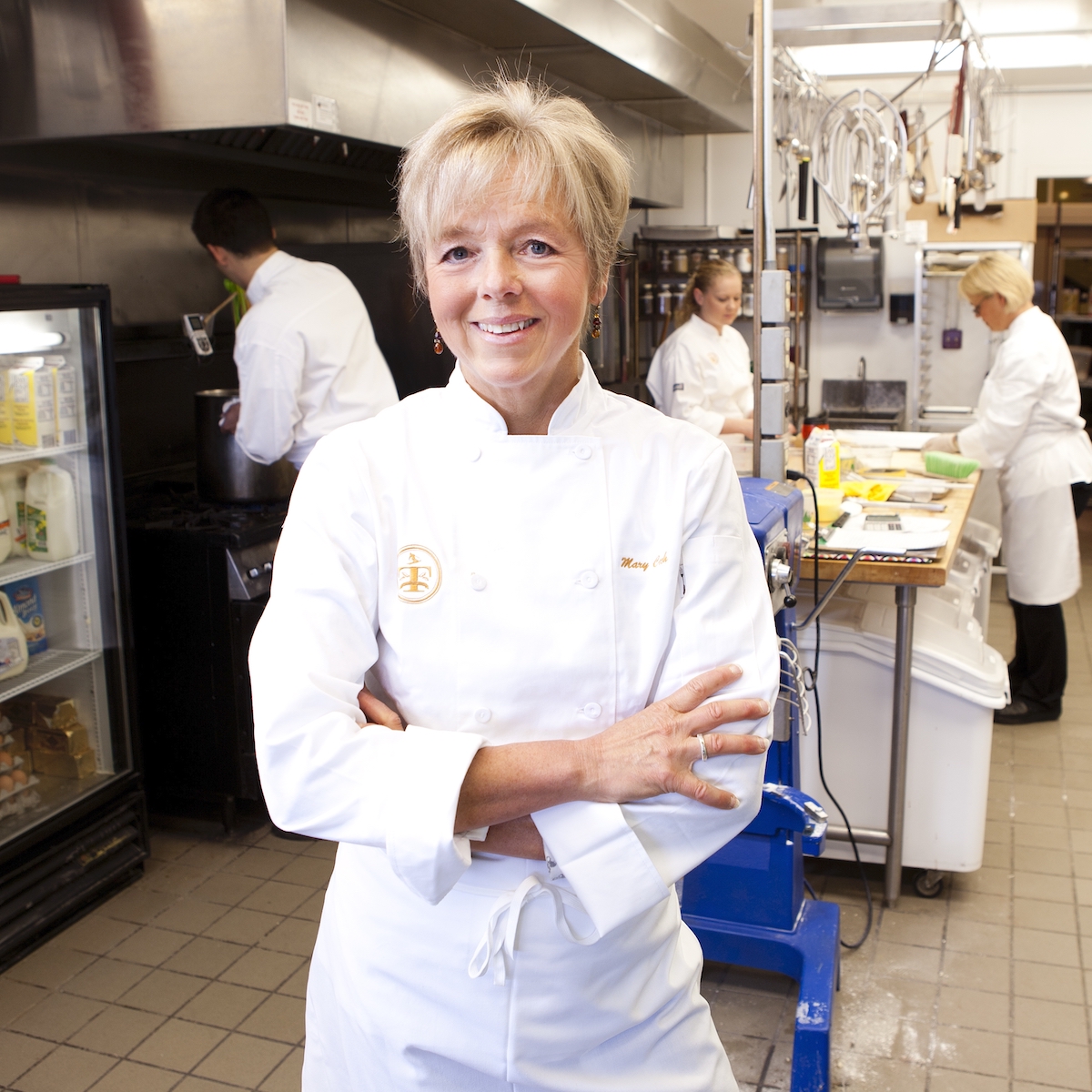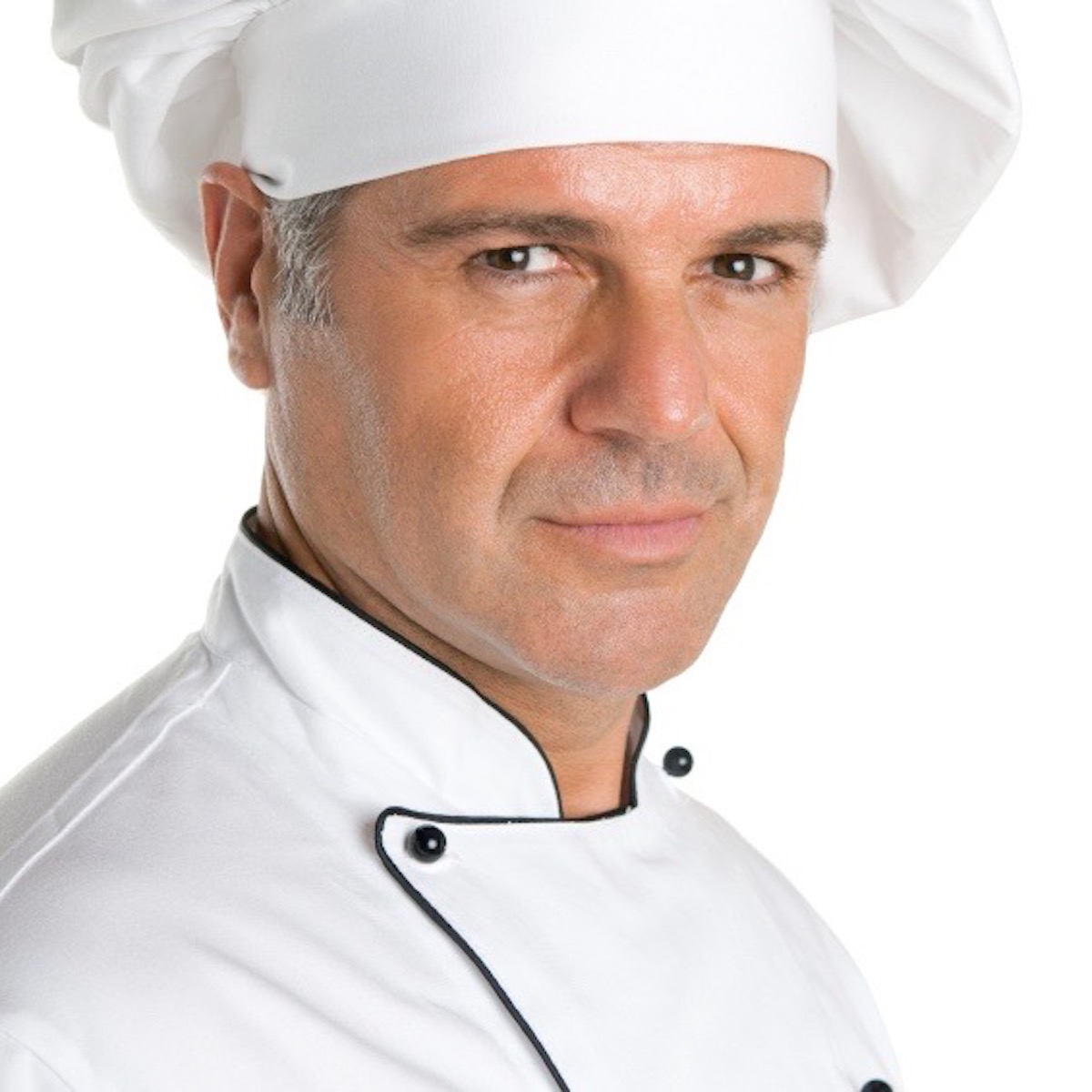Should I Go to a Private Culinary School?
Choosing which culinary arts program to attend is one of the most important decisions you will make as you pursue a culinary career – and it’s not easy.
Considerations like the location of the culinary institute, the cost, the length of the program, and the school’s reputation all weigh heavily in the decision-making process. However, choosing a private versus a public culinary school is one of the most often overlooked aspects of getting a culinary education.
The majority of culinary schools are private. Culinary programs from the Institute of Culinary Education, Le Cordon Bleu, and other specialized schools are considered part of a private education because they are run on a for-profit basis by a company that makes good chefs.
Public culinary programs are those offered through community colleges and public universities. While they are more affordable than some of the more prestigious private options, there are several reasons why a private culinary school is a better choice for you.
- Private culinary schools are specialized. These programs are almost always about cooking or baking, and nothing but cooking or baking. In most cases, students aren’t expected to take general education requirements that may or may not relate to the culinary field.
- Private culinary schools are prestigious. While this isn’t always true, the most famous culinary schools are part of private programs. This is usually because the school can specialize its curriculum and really concentrate on just food. Because they may have higher tuition costs, private cooking schools also tend to have more up-to-date equipment and more famous and celebrated faculty members.
- Private culinary schools offer variability. If you’re looking at a public culinary education, you typically have to make do with what is offered at the school (usually general baking, cooking, or hospitality management). When you look at private schools, you can consider more options, including types of techniques learned, international travel opportunities, and even the ingredients you will focus on.
Of course, not every private culinary school is created equal. Before settling on the right one, you will need to consider all your options and requirements, and you should always make sure the school carries the right accreditation and certifications to operate as an institution of higher learning.
Is A Culinary Career Right For Me?















